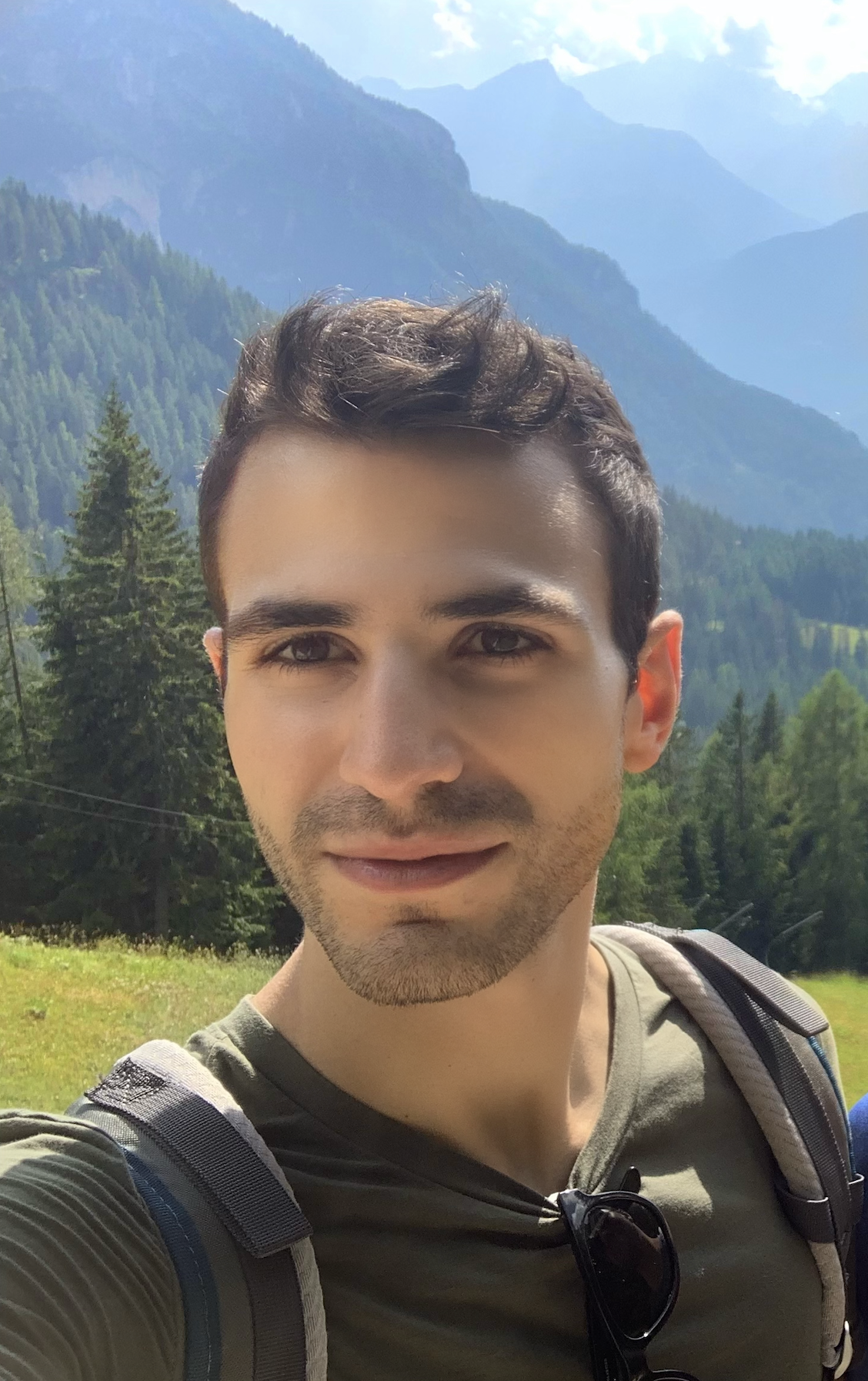
What is your name?
My name is Federico Licini
Where are you from?
I am originally from Valdobbiadene, a small town in Northeast Italy
To which class do you belong?
MSc Translational Neuroscience, Class of 2021
Where and what did you study before joining Imperial College London?
Before joining Imperial, I earned a Bachelor of Science in Psychology from Western Michigan University in the United States
How did you find your Master experience at the College?
Given the ongoing pandemic, my Master experience was a bit different than what I expected. Indeed, I completed the entire programme remotely! Despite the typical challenges that come with virtual learning environments, I found that I was still able to make great connections with peers and field professionals. What is more, the administrators consistently asked for feedback and were generally receptive to it
Which research project did you work on?
I worked on a research project at the Centre for Psychedelic Research, under the supervision of Robin Carhart-Harris, Fernando Rosas, and Hannes Kettner. Specifically, I built statistical models aimed at predicting the best contextual setting for a psychedelic experience based on an individual’s psychological and demographic profile. This project allowed me to apply and further improve the coding skills that I learned during the Master’s computational modules, which was a great “real-world” experience!
Where are you now?
I am currently in Italy while conducting research remotely with the Centre for Psychedelic Research
What are you working on?
At the moment, I am working on formatting my MSc thesis into a publishable research article, which involves conducting some additional data analysis. Moreover, I am collaborating with an exciting start-up, Mindleap, to educate the public on topics related to psychedelic science
What is the most important lesson you learnt as a Master student?
Refusing to believe that I cannot do something is the most important thing I learned from this Master. Coming from a psychology background, I often felt like the biology-intensive modules would be impossible for me to succeed in. With the right time management and study strategies, I was able to pass them all with results that were much better than I would have ever thought!
How did the Master programme help you get to where you are now?
This Master allowed me to make connections and gain academic and research skills that I would not have otherwise. While I am just now starting my career, I am confident that this programme was the right choice to help me further it